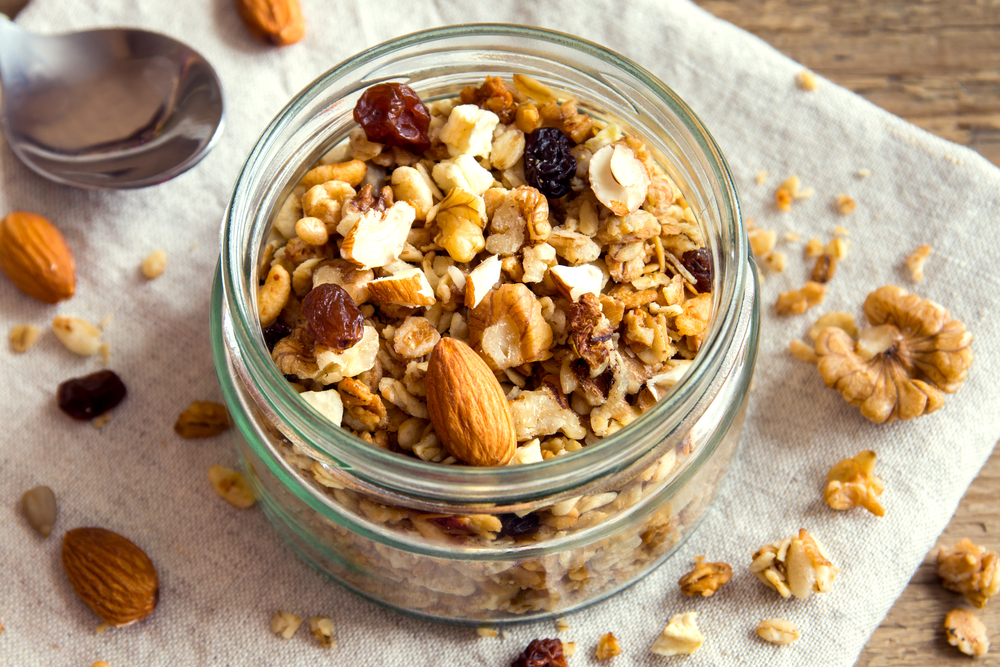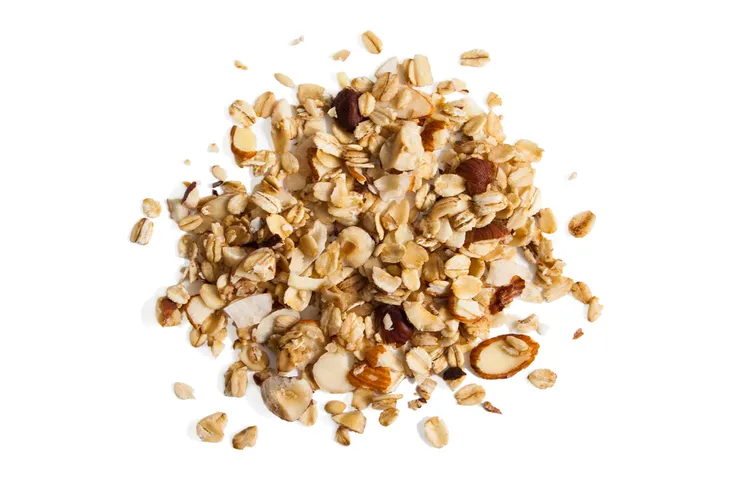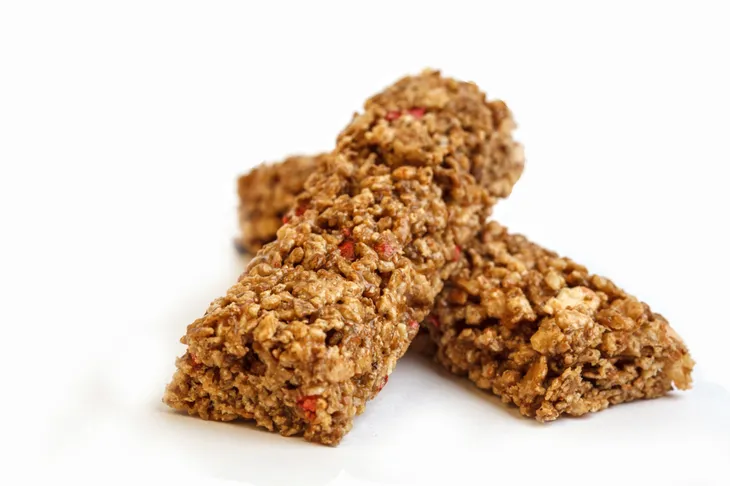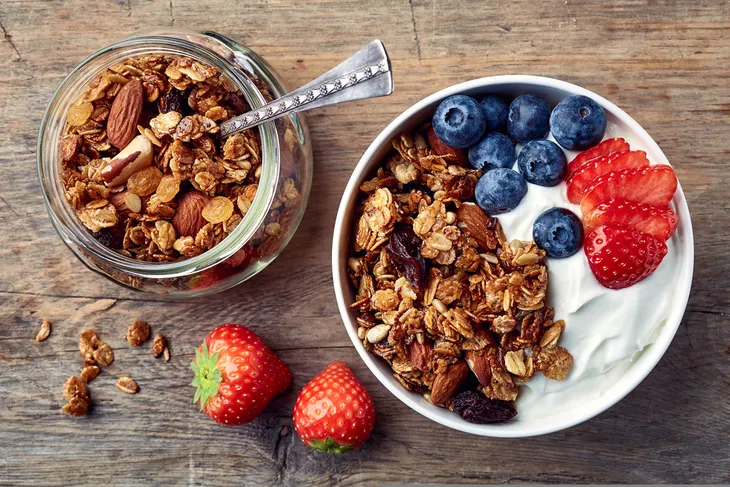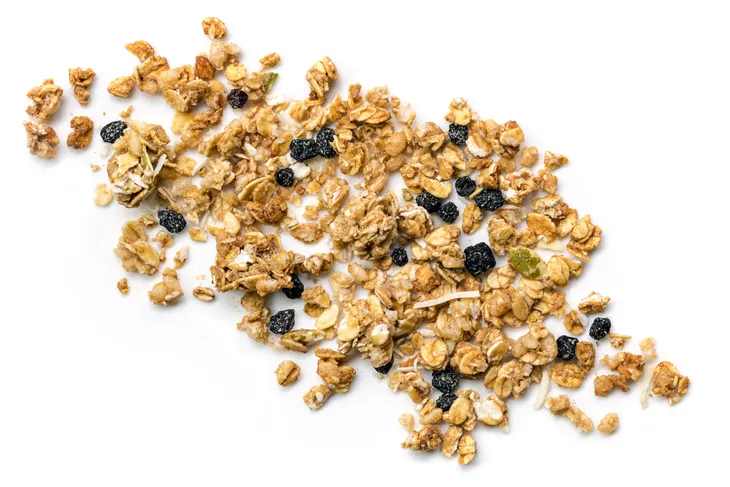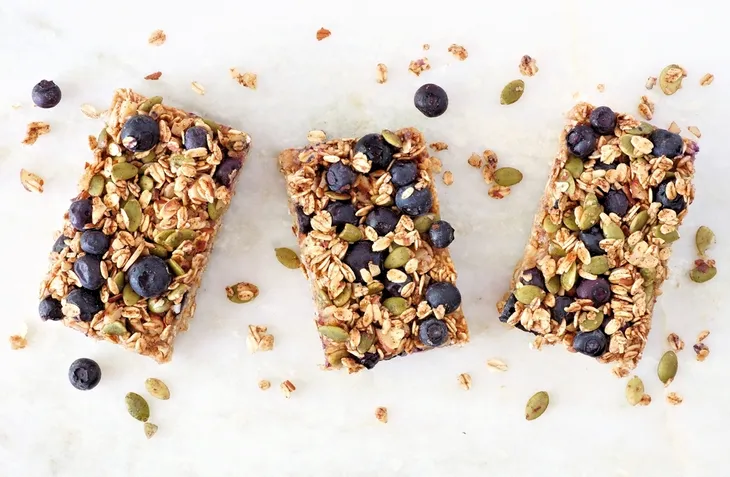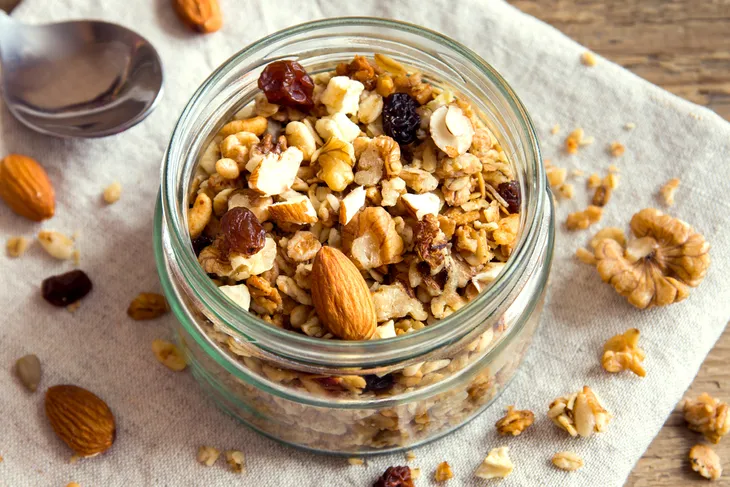Granola is one of the world’s most popular breakfast foods, and for good reason, granola not only contains whole-grain oats chock-full of fiber, it’s also flat-out delicious for breakfast or anytime of day as a snack. If you’re looking to change up your breakfast routine, grabbing granola might be the way to go.
That being said, there are a number of things you should know about granola before jumping into the proverbial bowl. While it’s most certainly delicious, it may also contain lots of fat and hidden sugars…
Granola is Fiber-Filled
One of the best reasons to eat granola each morning is that it’s absolutely full of dietary fiber, which can help with digestion and it keeps you “regular”. In most cases just one-third of a cup of granola will include about 4 grams of fiber, which is about one-sixth the daily recommended intake.
Fiber is also great because it helps promote the feeling of fullness, which can keep us from binging on other, less healthy foods during the rest of the day. Finally, by preventing constipation, fiber can help improve energy levels and overall comfort, increasing one’s ability to be active and burn calories through exercise.
Granola Hosts Healthy Fats
Take a quick look at the nutritional facts associated with granola and you may be shocked by the fat content. And let’s be clear about this from the get-go: granola does contain a decent amount of fat.
The good news is that (if you’re buying a natural granola) much of that fat is actually quite good for you. That’s because most of it comes through nuts, seeds, and oils that contain monounsaturated fatty acids that can actually help lower cholesterol, prevent inflammation, and maintain blood pressure.
Granola is Chock-Full of Vitamins
If you find yourself wandering down the cereal aisle wondering if you should choose a popular kids cereal or granola, consider this: unlike many popular refined cereals, granola contains lots of vitamins and minerals, including vitamin E, thiamin, and folate.
These vitamins play an important part in maintaining the health of the body’s skin, heart, and nervous systems. They can also boost metabolism, improve cell growth, and may even prevent certain birth defects.
Granola Harbors Healthy Minerals
Many fitness-oriented folks take a multivitamin each day to ensure they’re getting all of the vitamins and minerals their body needs. But a healthy diet full of foods containing key minerals can make that step unnecessary.
Granola is one of those foods. It contains magnesium, phosphorus, zinc, copper, manganese, and selenium. Together, these minerals can boost energy, aid in the production of proteins, and help in the formation of connective tissues, bones, and blood cells.
Granola Can Contain a Lot of Hidden Sugar
Granola is full of healthy vitamins and minerals but some store-bought brands can also be laced with sugar. Sometimes this is natural sugar in the form of honey, but that’s not always the case.
In fact, in 2011 researchers from the British Dietetic Association found that a bowl of granola can in some cases contain more sugar than a can of coke. That’s hardly beneficial if you’re looking to lose or even maintain weight. That’s why it’s important to find granola that’s organic and doesn’t contain refined sugars.
It’s Easy to DIY Granola
If you’re worried about your granola containing too much refined sugar and other unhealthy components, then simply try making your own. It’s really not all that difficult to DIY your own homemade granola.
Simply preheat an oven to 250-degrees Fahrenheit, mix oats, nuts, coconut and all-natural honey in a bowl, pour the mixture on a cookie sheet, and place in the oven for just over an hour, stirring every 20 minutes or so. Feel free to get creative with the ingredients by adding dried raisins and cranberries, which make a nice addition.
